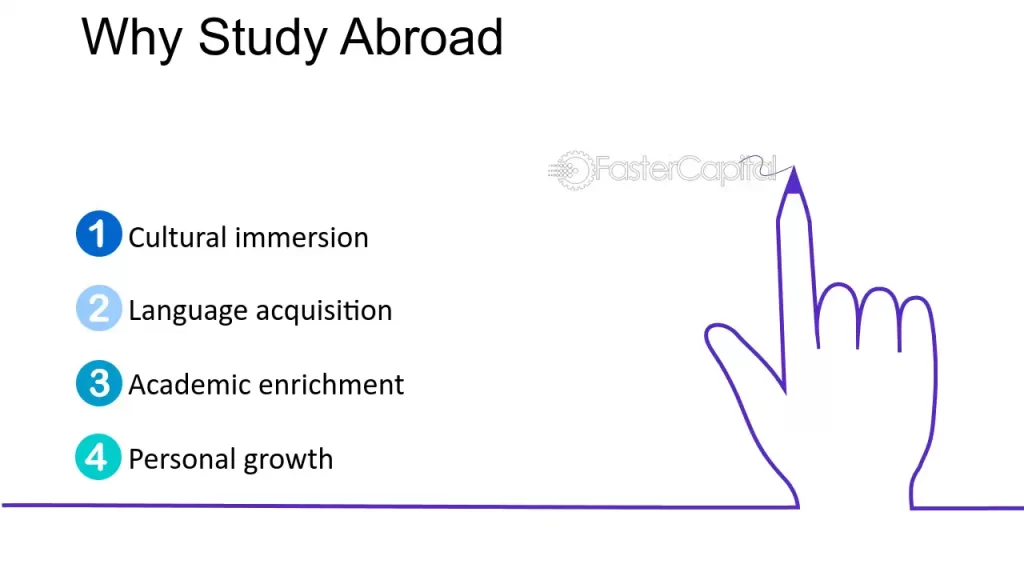 Studying abroad is not just about earning academic credentials; it’s a transformative journey that broadens horizons, enriches experiences, and shapes perspectives in profound ways. Immersing oneself in a foreign country offers students an opportunity to step outside their comfort zones, embrace diversity, and engage with new ideas and cultures. In this article, we will explore the transformative impact of living and studying in a foreign country on a student’s worldview, academic insights, and cultural understanding.
Studying abroad is not just about earning academic credentials; it’s a transformative journey that broadens horizons, enriches experiences, and shapes perspectives in profound ways. Immersing oneself in a foreign country offers students an opportunity to step outside their comfort zones, embrace diversity, and engage with new ideas and cultures. In this article, we will explore the transformative impact of living and studying in a foreign country on a student’s worldview, academic insights, and cultural understanding.
Cultural Immersion:
One of the most significant benefits of studying abroad is the opportunity for cultural immersion. Living in a foreign country allows students to experience daily life from a new perspective, engage with local customs and traditions, and interact with people from diverse backgrounds. From sampling traditional cuisine to participating in cultural festivals and celebrations, students gain a deeper appreciation for the richness and diversity of global cultures. By immersing themselves in a new cultural environment, students develop empathy, tolerance, and intercultural communication skills that are invaluable in today’s interconnected world.
Academic Enrichment:
Studying abroad also offers unparalleled academic opportunities for students to expand their knowledge and expertise in their chosen field of study. Whether through attending lectures taught by renowned professors, conducting research in state-of-the-art facilities, or collaborating with international peers on academic projects, students gain fresh insights and perspectives that enhance their academic experience. Exposure to different teaching styles, curriculum structures, and academic methodologies challenges students to think critically, adapt to new learning environments, and broaden their intellectual horizons.
Personal Growth:
Beyond the academic and cultural aspects, studying abroad fosters personal growth and self-discovery. Living independently in a foreign country requires resilience, adaptability, and problem-solving skills as students navigate unfamiliar challenges and overcome obstacles. From managing finances and navigating public transportation to overcoming language barriers and building new social networks, students develop confidence, independence, and a sense of self-reliance that prepares them for future success in a globalized world.
Global Perspective:
Perhaps most importantly, studying abroad cultivates a global perspective that transcends borders and fosters a sense of interconnectedness with the world at large. By experiencing firsthand the interconnectedness of global issues such as climate change, social justice, and economic inequality, students gain a deeper understanding of their roles as global citizens and agents of change. They develop a sense of responsibility towards addressing global challenges and promoting cross-cultural understanding, cooperation, and solidarity.
Conclusion
Studying abroad is a transformative experience that expands cultural and academic perspectives, fosters personal growth, and cultivates a global mindset. By immersing themselves in a new cultural environment, embracing academic opportunities, and engaging in personal and intellectual exploration, students gain invaluable insights, skills, and experiences that shape their lives and careers long after they return home. As the world becomes increasingly interconnected, the importance of fostering global citizens who can navigate and thrive in diverse cultural contexts cannot be overstated.